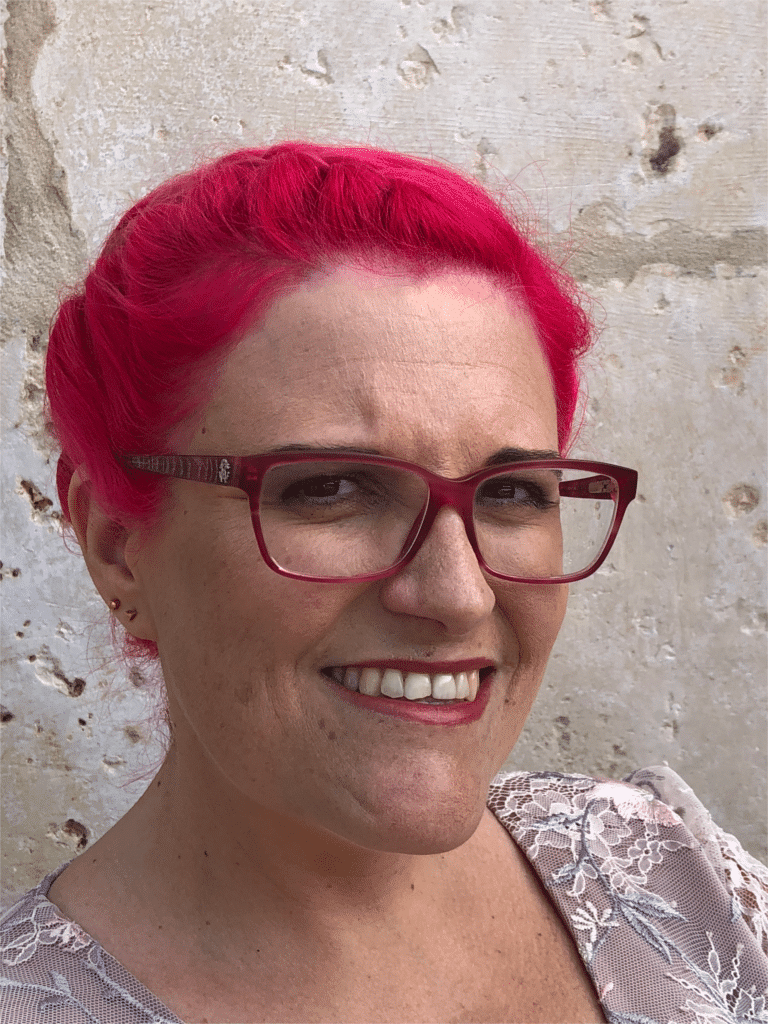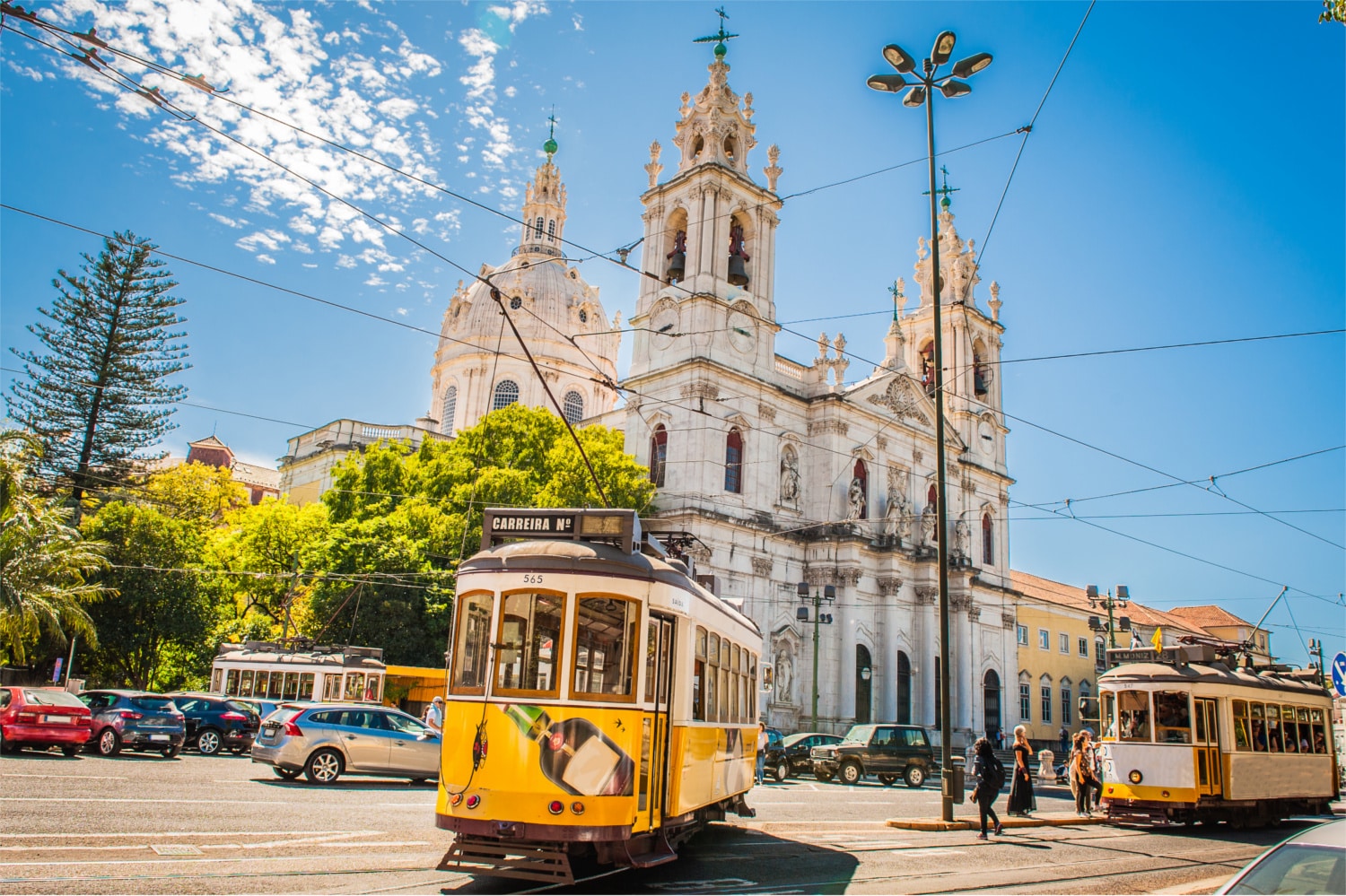Hi Ivana. Can you tell us a bit about your professional activity?
Hi! I’m a translator. I translate from French, English, and Spanish into Portuguese.
What studies did you complete? Why did you choose to learn French?

I have a bachelor’s in translation. I started learning French at school as my 2nd foreign language (the first was English at the end of primary school), because I was forced to choose a languages and there weren’t any other languages from which to choose. Although I always received good marks in the 3 obligatory years, I didn’t like French. So, once I was able to choose, I changed and began learning German right up till I went to university. I started taking classes to be an English and German teacher. But one of life’s little ironies, my mother went to Switzerland to work for the United Nations, and I went with her. At that point, all I could say in French was, “My name is Ivana, I’m 19 years old,” and not much more than that. I went to school the first year just to learn to speak French. I was lucky to meet two French-speaking girls who became by best friends, and I was able to learn to speak. I went back with all that knowledge to Portugal, and then, after an error in the university entrance exams, I wasn’t able to join the teaching courses. I therefore chose to take a class on translation, hoping to change majors the next year. But I loved translation and French so much, that I just decided to continue that path. So, it was purely by chance that today, I do what I really love.
How did you come to the idea of being an independent translator?
In Portugal we have two choices: either we can be independent and be paid per mission, or we can work for a translation agency and earn about €1,000 per month (in most agencies). Given that, we opt for the first choice. The income becomes more or less stable once we have regular clients, and the difference is significant.
Who are your clients (activity sectors)?
My clients are mostly translation agencies. It’s very rare that I have direct clients, and usually it’s only for translating certified documents.
What does the translation process look like for you?
First of all, I consult my agenda to verify my schedule. Some days I have a lot of small translations that I need to deliver the same day or the next morning, or big translations that I must translate in part that day as well (spread over multiple days from the beginning of the project). I translate depending on the priority of the project to deliver. If I have a big translation in hand, always keep a part of that translation for the end. While I translate, I always have multiple webpages open, like a dictionary from the source language to Portuguese, Linguee to draw inspiration from synonyms and a Google page also for synonyms. I always try to find the best word when the Portuguese translation doesn’t come to me right away.
As a Portuguese translator, do the cultural differences between France and Portugal make it more difficult to translate?
Nowadays, we can find everything on Google: words, expressions. I don’t think that it’s a barrier.
What difficulties do you face in your job as a Portuguese translator, but also, what do you appreciate the most?
The most difficult is to manage certain proofreaders. Those that are always on the lookout for something to decry and who force themselves to show the translator has done a poor job, though in reality all they did was choose a few different synonyms, and nothing more. Another problem to manage is the clients who ought to trust us, but are always on their guard. What I like most is also my clients, those who trust me, who always have a kind word or leave a nice Christmas message in my inbox, or a post card, or a little gift. It’s really warming. People are always asking if it’s annoying being home alone all day behind my screen. I always say no, especially thanks to such interactions.
Do you think that translation is a career path with a bright future?
Yes, we’ll always have need of someone to translate, notably in the more exotic languages. With machine translation, I am aware that things will change some in the near future. But we still need to educate people on the world of translation. The other day, a woman asked me if I could translate her daughter’s birth certificate. When I said yes, and that she’d have to go see a notary (we don’t have sworn translator status in Portugal) and that she’d have to pay, she said, “No, thanks.” She thought I could quickly do the translation and not bill her. And I had never even mer her before.
What advice would you give to someone who is interested in a career in translation? You have to know that in order to do this job, you must be methodical and respect deadlines. This is extremely important if you want to earn your customer’s loyalty and if you want to keep receiving work from them. I also suggest you subscribe to a translator’s association. Interaction with other translators is also very important, whether on social networks or on site at translation events.

